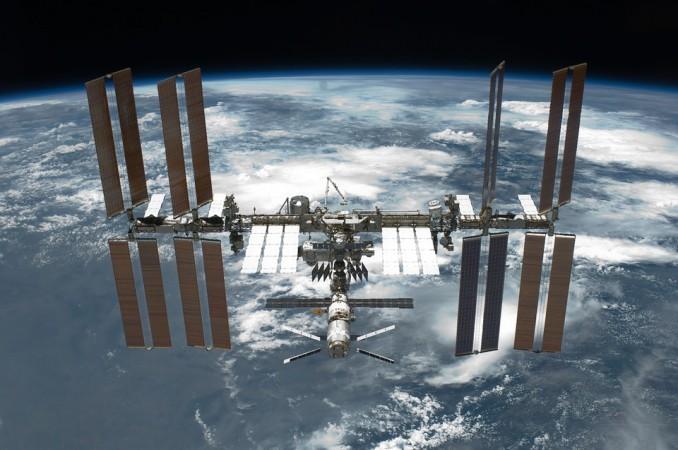
NASA wants to study the possibility and probability of fertilization in space and to do this, they have sent samples of human sperm for the first time ever (officially, for science) to the International Space Station (ISS) and conduct various experiments in the space lab.
If humans are to truly become a "multi-planet species" as Elon Musk envisions the future, it will not be possible to do so without actually conceiving and giving birth in places that are not Earth. NASA now intends to study if human fertilization will be possible in zero-gravity. The space agency sent samples of human sperm into outer space in a mission code-named Micro-11, reports NASA. The mission was packaged in with the April 2 SpaceX CRS-14 launch.
The Dragon capsule that carried the supplies and Micro-11 was also reported to carry the space junk clearing RemoveDebris satellite.
"Studying reproductive biology in space is useful because the unique environment of microgravity can reveal processes and connections not visible in gravity on Earth," said NASA in a release. It is not clear at this time when the Micro-11 tests will start.
The frozen samples sent up are not only human sperm, but also bull sperm, notes the report. The reason as to why bull sperm was also sent is because it reportedly shows similar changes in movement and other "markers of fertility" as human sperm. However, human sperm is a lot more complex and inherently varied in motion and appearance says NASA. Bull sperm will provide a baseline and quality control so that small changes in both samples. Even subtle differences can be easily identified and it is vital to know how they can affect the viability of the sperm itself.
Scientists will test this by chemically triggering the activation of sperm movement that normally requires an egg to fuse with. Using video to record their movements post activation will help assess their movement, reports NASA. After this experiment is carried out, they will be preserved and sent back to Earth. Once back on Earth, the samples will be unfrozen and tested to find out if the sperm cells went through the steps necessary for fusion and whether the samples were taken to space behave or are similar to samples that have undergone the exact same steps here on Earth.
NASA says that till now there have been no experiments run to study the reproductive health of people who have spent time in space and missions like Micro-11 could possibly be one that explores this issue.









!['Had denied Housefull franchise as they wanted me to wear a bikini': Tia Bajpai on turning down bold scripts [Exclusive]](https://data1.ibtimes.co.in/en/full/806605/had-denied-housefull-franchise-they-wanted-me-wear-bikini-tia-bajpai-turning-down-bold.png?w=220&h=138)



